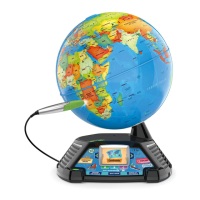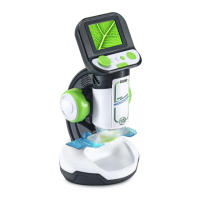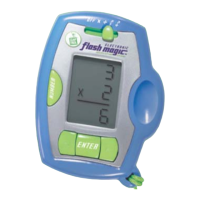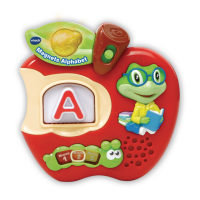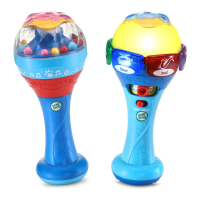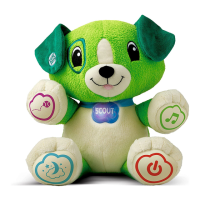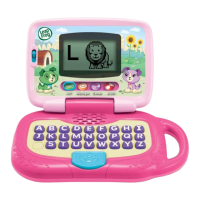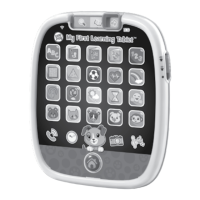25
CARE & MAINTENANCE
1. Do not point the telescope directly at the sun. This can damage
the device and cause the telescope to stop working.
2. Keep the unit clean by wiping it with a slightly damp cloth.
3. Keep the unit out of direct sunlight and away from any direct heat
sources.
4. Remove the batteries if the unit will not be in use for an extended
period of time.
5. Do not drop the unit on hard surfaces and do not expose the unit
to moisture or water.
6. NEVER try to dismantle the unit.
Cleaning the LCD Screen
• Slightly dampen a soft, lint-free cloth with water and wipe the
screen to loosen dirt.
• Using a clean and dry cloth, wipe the screen dry. Repeat these
two steps as needed.
ENVIRONMENTAL PHENOMENA
The unit may malfunction if subjected to radio-frequency
interference. It should revert to normal operation when the
interference stops. If not, it may become necessary to turn the power
Off and back On, or remove and reinstall the batteries. In the unlikely
event of an electrostatic discharge, the unit may malfunction and
lose memory, requiring the user to reset the device by removing and
reinstalling the batteries.
Our Solar
System
Neptune
Planet
Overview
Video
NASA, ESA, and G. Bacon
(STScI) Science Credit:
The Hubble Heritage
Team (STScI/AURA) and
A. Simon-Miller (NASA
Goddard) + NASA Science
Cast

